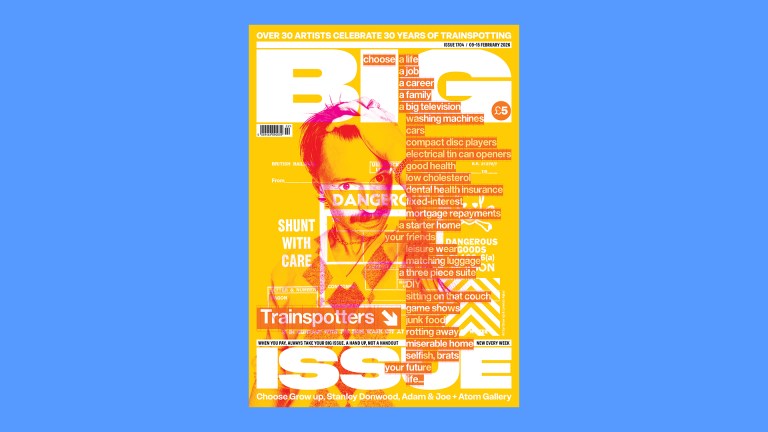Wheelchair rugby is the high-octane sport that was officially named Murderball before its re-branding in the late 1980s. Not many sports require a team of court-side welders in case one of the explosive crashes results in a mangled chair, but the only full contact Paralympic sport blends high scoring, end-to-end action with noisy thrills and spills.
It could be the TV hit of the Games. So what does a reigning Paralympics champion do ahead of taking to the wheelchair rugby court? Well, if you’re Team GB’s veteran speedster Aaron Phipps, you keep it simple. “I have a cup of tea, then go out to war,” says 41-year-old Phipps, whose trademark headband and bursts of speed made him one of the stars of the Tokyo gold medal-winning squad.
Kellett was 20 when his life changed overnight following an accident at work. Wheelchair rugby found him very quickly – and has been a key driver of his recovery. “I was in hospital after my accident, and an ex-Paralympic player came around speaking to patients,” he says. “They asked if I fancied coming and trying wheelchair rugby, so while I was still in hospital the nurses took me to the sports hall to give it a go. “Speaking to other people in wheelchairs really helped me. At first, I wasn’t very strong or fast, but it gave me a reason to keep going and get strong. It’s given me my independence back.”
With the Paralympics just around the corner, pick up a copy of the latest Big Issue to get hyped.
What else is in this week’s Big Issue?
Children left stranded in Ukraine war zone without parents due to UK visa changes
Ulyana Trapova, a 39-year-old mother from Drohobych, in the Lviv region of Ukraine, never imagined war would separate her from her children. She found sanctuary in Scotland shortly after the Russian invasion began and thought she could bring her children to safety – but they remain in a war zone and she is terrified for their lives. “This war broke our whole life,” she tells Big Issue in Ukrainian through a translator. “It separated me from my family. I can’t do without them. They are everything to me. We are one. I want us to be together and never be apart again.”
What happens when a university goes bust?
According to the Office for Students, 40% of higher education providers forecast a deficit for this academic year. For 43 of these institutions, this marks a third consecutive year in deficit.









